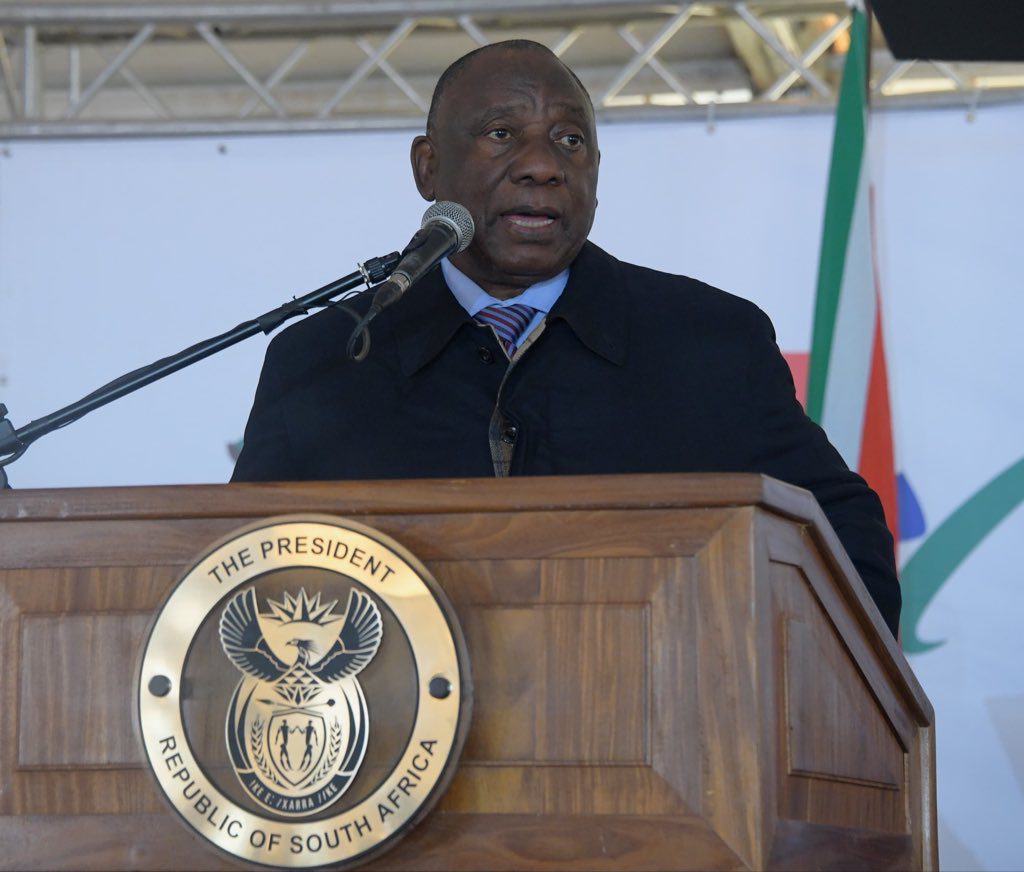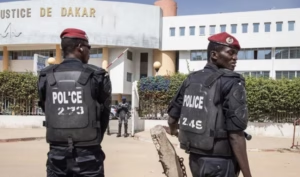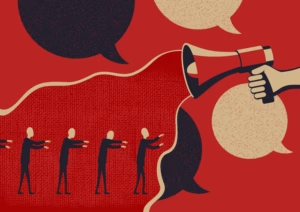In a poignant address during the Women’s Day commemoration at the Dennis Nel Stadium in the Northern Cape, President Cyril Ramaphosa paid homage to the women of South Africa, while underscoring the severe challenges that black and coloured women continue to face. Despite the strides made since the advent of democracy, Ramaphosa acknowledged that these groups remain disproportionately affected by poverty and inequality.
Ramaphosa praised the dedication and resilience of South African women, emphasizing their critical role in the nation’s development. However, he expressed concern that black and coloured women are still at a significant disadvantage in the job market, often occupying the lowest rungs when it comes to employment opportunities.
“Poverty still has the face of a black woman. When you want to understand poverty in SA, you just need to look at the faces of a black and coloured woman. Those are the faces you need to look at and you will see poverty,”
he said, illustrating the stark reality that persists despite efforts to uplift these communities.
On this Women’s Day, I pay tribute to South Africa’s women.
They are the pillars of our communities. The anchor of the family. The backbone of our nation. Abafazi. Imbokodo.
Today we stand on the shoulders of giants. The wise, caring, loving, selfless women who raised us, who… pic.twitter.com/mmxH6ymR7x
— Cyril Ramaphosa 🇿🇦 (@CyrilRamaphosa) August 9, 2024
While the government has made efforts to improve the lives of women, Ramaphosa was candid in his assessment that more work is necessary to achieve true equality. South Africa, he noted, continues to grapple with significant disparities that are deeply rooted in the country’s history.
Ramaphosa pointed out that black women, in particular, are more likely to face unemployment, poverty, and relegation to unskilled jobs. He attributed these challenges to entrenched cultural norms and practices that are legacies of colonialism and apartheid. These historical injustices have left a lasting impact, continuing to shape the socio-economic landscape in ways that disadvantage women of colour.
The President also highlighted the critical role that social grants play in supporting millions of South African women, enabling them to provide for their families in the face of economic hardships. Despite these challenges, South Africa has achieved a high female literacy rate, with little disparity in primary school enrolment between boys and girls, which offers a glimmer of hope for future generations.
Ramaphosa called on women to take an active role in driving economic growth and development. He emphasized the importance of increasing the number of female business owners, producers, employers, and employees as a means of fostering greater participation in the economy.
To support these efforts, the government launched the Women’s Economic Assembly, a programme aimed at empowering women to become active participants in the economy. The initiative has already made significant strides, helping nearly 8,000 women establish and manage their own businesses.
“With funding from government and development finance institutions, we are increasing the support provided to women-owned enterprises. We are working to ensure more women can own land, especially in rural areas,”
Ramaphosa stated, highlighting the government’s commitment to enhancing economic opportunities for women, particularly in underserved regions.
Black and Coloured Women versus White Women Unemployment Statistics
In 2023, employment statistics in South Africa highlight the ongoing disparities between black, coloured, and white women in the workforce. The unemployment rate among black women remains particularly high, reflecting the broader socio-economic challenges they face. According to data from Statistics South Africa, the unemployment rate for black women stood at 36.9% in the first quarter of 2023, while for coloured women, it was slightly lower at 23%. In stark contrast, the unemployment rate for white women was significantly lower at 9.2% (statssa.gov) (UN Women).
These figures underscore the persistent inequalities in the job market, where black and coloured women are disproportionately affected by unemployment and underemployment. The labour market inequalities are further exacerbated by the types of jobs these women are more likely to hold, which are often lower-paying and less secure compared to their white counterparts. Additionally, cultural and historical factors rooted in apartheid and colonialism continue to influence these disparities, limiting economic mobility for many women of colour in South Africa (Statistics South Africa).
The South African government has acknowledged these challenges and implemented various initiatives aimed at reducing these inequalities, such as the Women’s Economic Assembly and increased support for women-owned enterprises. However, the data indicates that significant work remains to bridge the gap and ensure equal opportunities across all racial and gender groups in the country (UN Women).

















